|
2015 INVERTEBRATES IN EDUCATION AND CONSERVATION CONFERENCE
July 21 - July 25 • Rio Rico, Arizona
Hosted by  
The Terrestrial Invertebrate Taxon Advisory Group
|
|
2015 Final Program
|
Tuesday,
July 21 |
9:00am - 4:00pm
|
TITAG Meeting |
|
1:00 - 4:00pm
|
Registration |
|
6:00pm
|
Celebration of life for Steve Prchal at the Arizona-Sonora Desert Museum |
Thank you to our Gold Level Sponsor:
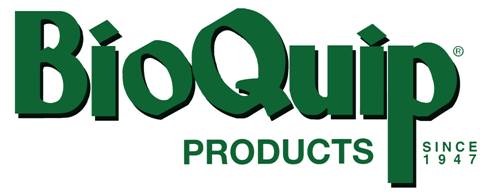
|
Wednesday,
July 22 |
6:30 - 8:30am
|
Registration |
|
1:00 - 5:30pm
|
Registration |
|
FIELD TRIPS - Pre-registration required
|
|
7:00am - 4:00pm
|
Patagonia Here We Come! (24 participants) Led by Doug Taron, Chicago Academy of Sciences
We will venture east of Rio Rico to the Patagonia Mountains and the San Rafael Valley. We will maximize our opportunities for viewing a large diversity of species by visiting varied habitats including mountains, riparian areas, canyons, and grassland plateau. Collecting in this area has previously produced dung beetles, tiger beetles, dragonflies and damselflies, grasshoppers, velvet ants, and a whole lot of other surprises. Responsible collecting allowed. Conference vans to be provided.
|
|
7:15am - 4:00pm
|
The Desert Rocks and It HAS Rocks (and Plants, and Cool Bugs Associated With It) (24 participants) Led by Zack Lemann, Audubon Insectarium
The large and long-lived, the colorful and charismatic, the dry and the devious. These terms could be used to describe any number of the wonderfully varied arthropods that dwell in southeastern Arizona. And on this day-long excursion, we’ll sleuth out all manner of little beasts that could serve as marvelous ambassadors of their kind in your zoo or museum. Still other species may just be terrific to observe in nature.
No matter your disposition
If bugs are what you’re wishin’
Come with us to pursue your passion
Attire for the day? Desert fashion.
Responsible collecting allowed. Conference vans to be provided.
|
|
7:30am - 1:30pm
|
Butterflies, Beetles and Birds (12 participants) Led by Jamie Sincage, Disney's Animal Kingdom
This half day, whirlwind tour of some of southern Arizona’s birder hot spots is guaranteed to astound. Whether you are a life Lister or just want to get out into the country, this field trip is for you! We will be heading into Elegant Trogon country as well as a hummingbird paradise. We also will pass by some seasonal butterfly puddling grounds and some public gardens that are great for spotting native bees. We will only be taking photos and leaving with memories on this trip (sorry, no collecting). So clean you binoculars, slap on some sunscreen and grab your hat and water bottle…we are headin’ for the hills! Conference vans to be provided.
|
|
7:45am - 4:00pm
|
A Taste of Tucson (12 participants) Led by Catherine Bartlett, Arizona Sonora Desert Museum
This field trip will be begin by heading just west of the Old Pueblo to visit a perennial favorite: the Arizona-Sonora Desert Museum. With over 230 native animal and 1200 native plant species on display, everyone will find something to love! I biasedly recommend the Invertebrate Hall and the Butterfly Garden though. A combination zoo, botanical garden, art gallery and aquarium, our field trip could easily spend all day here. But, we’ll leave the heat early to get a little spicy. The next stop will be at a local Mexican restaurant in town to enjoy the authentic flavors of the southwest for lunch*. After fueling up on chips and guac, we’ll drive over to the Reid Park Zoo to do some R&D (Research and Design, Rip-off and Duplicate or just Relax and De-stress? You decide!). You can’t miss the antics of the baby elephant! After exhausting our resources and digital camera memory, we’ll caravan back to the Rio Rico resort in time for a nap before dinner.
*Participants responsible for buying their lunch
|
|
EVENING EVENTS |
|
5:30 - 9:00pm
|
Welcome, Keynote Presentation, and Reception
Dr. Corrie Moreau is the Associate Curator of Insects and leads the Moreau Lab at the Moreau Lab at the Field Museum of Natural History in Chicago, Illinois. In addition to her extensive research with ants and responsibilities in curating a world-class collection, she also maintains a strong commitment to science outreach and education.
Dr. Moreau will be sharing some of her experiences with us in July, and revealing how her discovery of insects has inspired her and led to her current work.
|
|
Thank you to our Silver Level Sponsors:
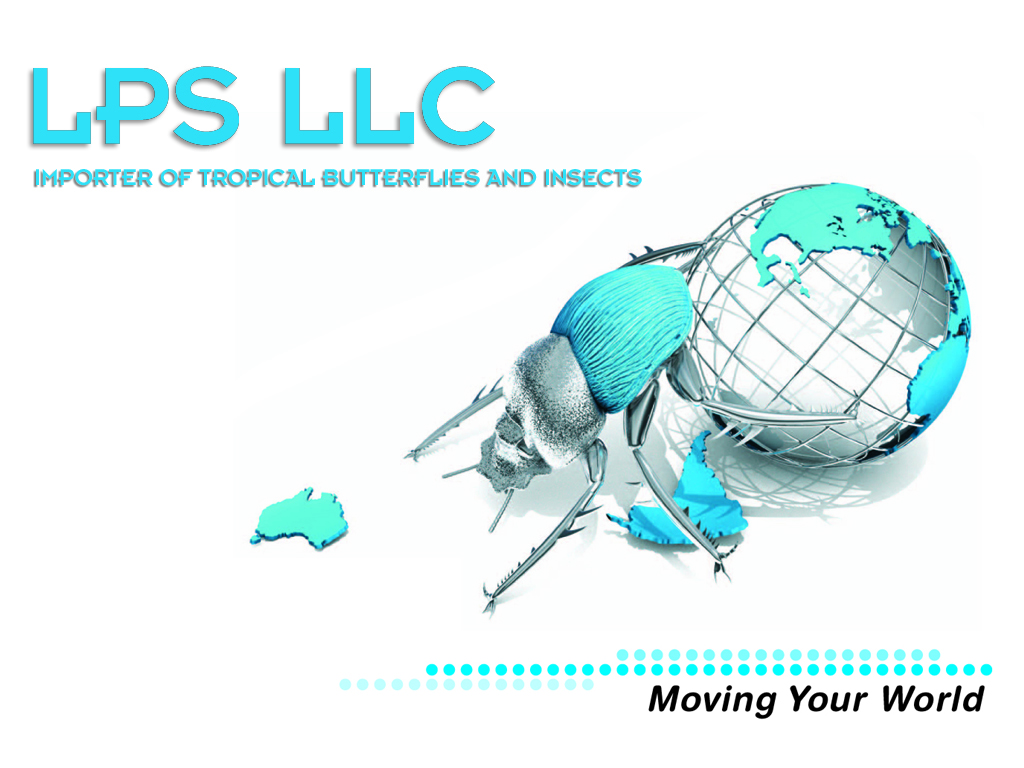
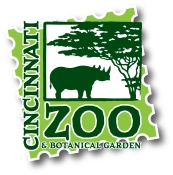
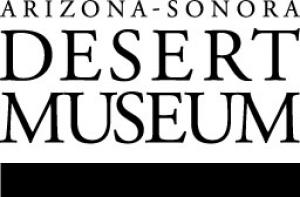
|
Thursday,
July 23 |
7:00am - 4:00pm
|
Silent Auction |
|
7:00am - 4:00pm
|
Registration and Exhibits -- Registration may close during paper sessions and lunch. |
| PAPER SESSIONS |
|
8:00am
|
Welcome and Announcements |
|
8:10 - 9:50am
|
Save the Bs - Beetles, Butterflies (and Brits)
Sarah Jenkins - Omaha's Henry Doorly Zoo
An Update of the Captive Management and Reintroduction of the Salt Creek Tiger Beetle, Cicindela nevadica lincolniana (COLEOPTERA:CARABIDAE) at Omaha's Henry Doorly Zoo & Aquarium
Mark Bushell - Bristol Zoo Gardens
Bugs in Brizzle: an institutional profile of the invertebrate department at Bristol Zoo Gardens
Lou Perrotti - Roger Williams Park Zoo
A Report on the 22 year Effort to Establish the American burying beetle (Nicrophorus americanus Olivier) to Nantucket Island, Massachusetts
Bob Merz & Michael Dawson - St. Louis Zoo
Using Endangered Beetles to Introduce Conservation Science to Teens
Karen Lewis - Oregon Zoo
Reintroduction of Taylor’s Checkerspot Butterfly
|
|
9:50 - 10:10am
|
Announcements and Break -- Please visit the Exhibit Hall! |
|
10:10 - 11:50am
|
Hook 'em, Fangs: Invertebrate Outreach
Karen Verderame - Academy of Natural Sciences of Drexel University
Bug Fest: The Rise of an Infestival!
Erin Ingram - University of Nebraska-Lincoln
The Six-Legged Subject: Insect Incorporation in High School Biology Classrooms
Ron Wagler - University of Texas-El Paso
Tarantulas in the Classroom: Effectively Integrating Tarantulas into your Science Curriculum
Erin Mills - Cockrell Butterfly Center
Bugs on Wheels: Continuing the Success in 2015 and Beyond!
Andrine Shufran - Oklahoma State University Insect Adventure
IECC and ESA; United in Entomology Education
|
| LUNCH |
|
11:50am-1:30pm
|
COMPLIMENTARY lunch provided in the restaurant for conference
participants |
| AFTERNOON WORKSHOPS |
|
1:30 - 4:30pm
|
Desert Ants: Collecting and Managed Care, Part I: Laboratory Techniques (15 participants)
Led by Randy Morgan - Cincinnati Zoo and Botanical Garden and Paige Howorth - San Diego Zoo
The first part of this comprehensive workshop concerns how to set up and maintain ant colonies and/or freshly collected queens for long-term maintenance. Materials to build artificial nests and contain ants will be discussed, as well as general techniques for the care of captive ant colonies. Participants will work directly with nest construction materials and collaborate to create laboratory ant habitats.
This is a two part workshop. It is HIGHLY RECOMMENDED to sign up for both parts
|
|
1:30 - 4:30pm
|
Design, Storyline Development and Team Structures (25 participants) Led by Ray Mendez, Work as Play
I firmly believe that, in today’s world, all our exhibits should be directed towards creating teaching environments. This is a philosophical attitude that in no way conflicts with the quality of an exhibit or the amount of fun your client will have during his/her stay. As institutions and individuals, your world-view and personal agendas are the elements that make your exhibits unique. Be prepared for the development process to be a playful, stimulating, painful, yet rewarding one that will test your creativity, patience and willingness to change. As a project leader, plan to work within a framework of teams, which should include all levels of your staff and might include outside exhibit developers, exhibit designers, graphics designers, scientists, architects, engineers, educators and other specialists. The presentation will present processes we believe your team can use and a review of outcomes. |
|
1:30 - 4:30pm
|
Spiders Skittering Through the Curriculum…it's not just a Halloween Thing (30 participants) Led by Ann Baxter-Johnson
Spiders, though they are miraculous creatures that benefit the Earth in many ways, are relegated to the occasional science unit, or worse yet, to Halloween Week. I intend to show that we can study spiders in literature, writing, social studies, math, and art. Hands on activities will include: The "Exoskeleton Vocabulary Lesson", observation/journal writing/nature walks, the spider as classroom pet, spiders and spider websites online, and spider math. I hope that all participants gain something special from the workshop that will greatly benefit their classrooms. |
|
FIELD TRIPS - Pre-registration required. |
|
1:30 - 10:00pm
|
Hot Chili Peppers and Hot Bugs 2015 (12 participants) Led by Jim Melli
Giant attack centipedes and all kinds of other bugs await us just north of the border in the beautiful Pajarito Wilderness. We may see other creatures, such as the vine snake, that just cross the border here. The variety of habitats ranging from Madrean woodlands, desert grasslands, streams, ponds, and rocky hillsides bristling with ocotillo and agave insure that something groovy will show up. After nightfall we can hang out at a mercury vapor blacklight, have a drink and see what comes in. |
|
6:00 - 11:00pm
|
Light it Up (24 participants) Led by Howard Byrne
This evening excursion is not for the early-to-bed! Just a few miles from the town of Patagonia, some of the best buggin' around is to be had. Home of the famous 'Patagonia Silk Moth' (plus 9 other Saturniid species, over a dozen types of sphinx moth and scads of scarabs) you've gotta be up late to see some of these amazing night dwellers. You've been here during the day, but you don't want to miss the impressive diversity of the Harshaw area after dark! Bring a folding chair, your camera and your net for a native-Arizonan led experience that you won't soon forget. |
| INSECT TRIVIA CONTEST |
|
5:30pm
|
Meet Poolside, pick teams and test your entomology knowledge |
| GAME NIGHT |
|
7:00 - 11:00pm
|
Indulge your love of games and join us in the Sierra Madre Room any time after 7 for a fun evening of play! |
Thank you to our Luncheon and Flash Drive Sponsors:
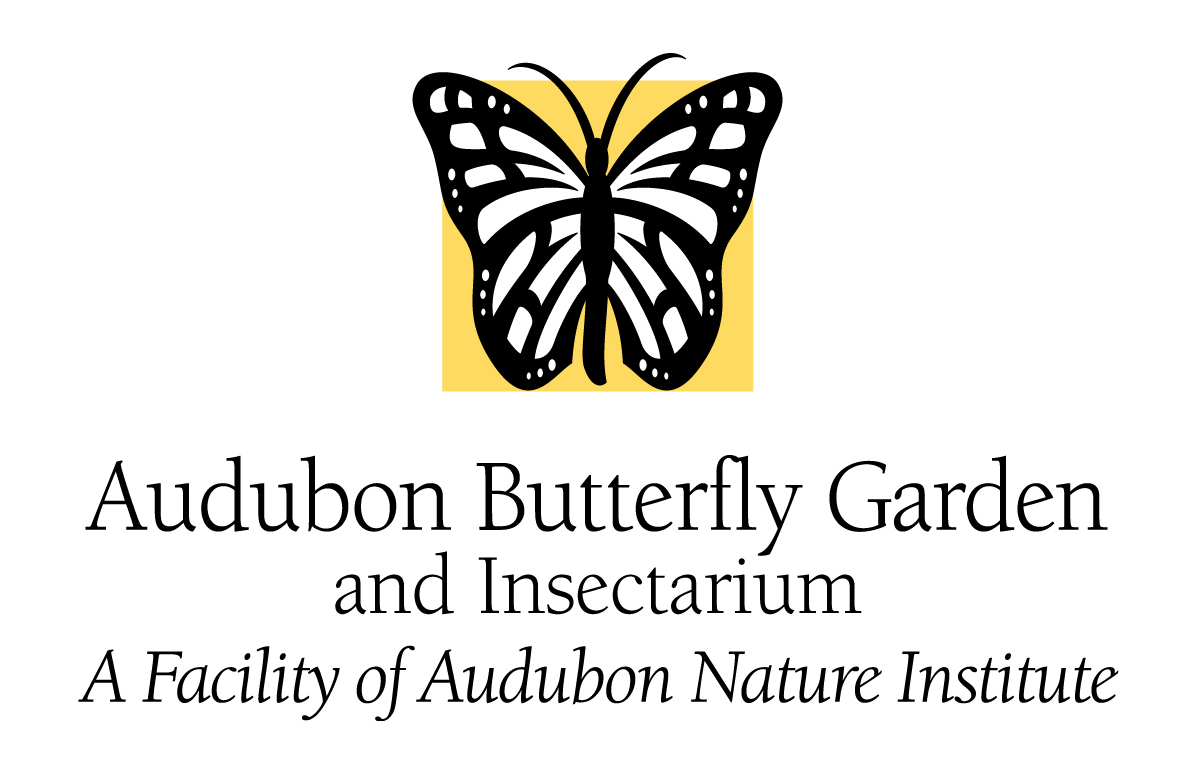


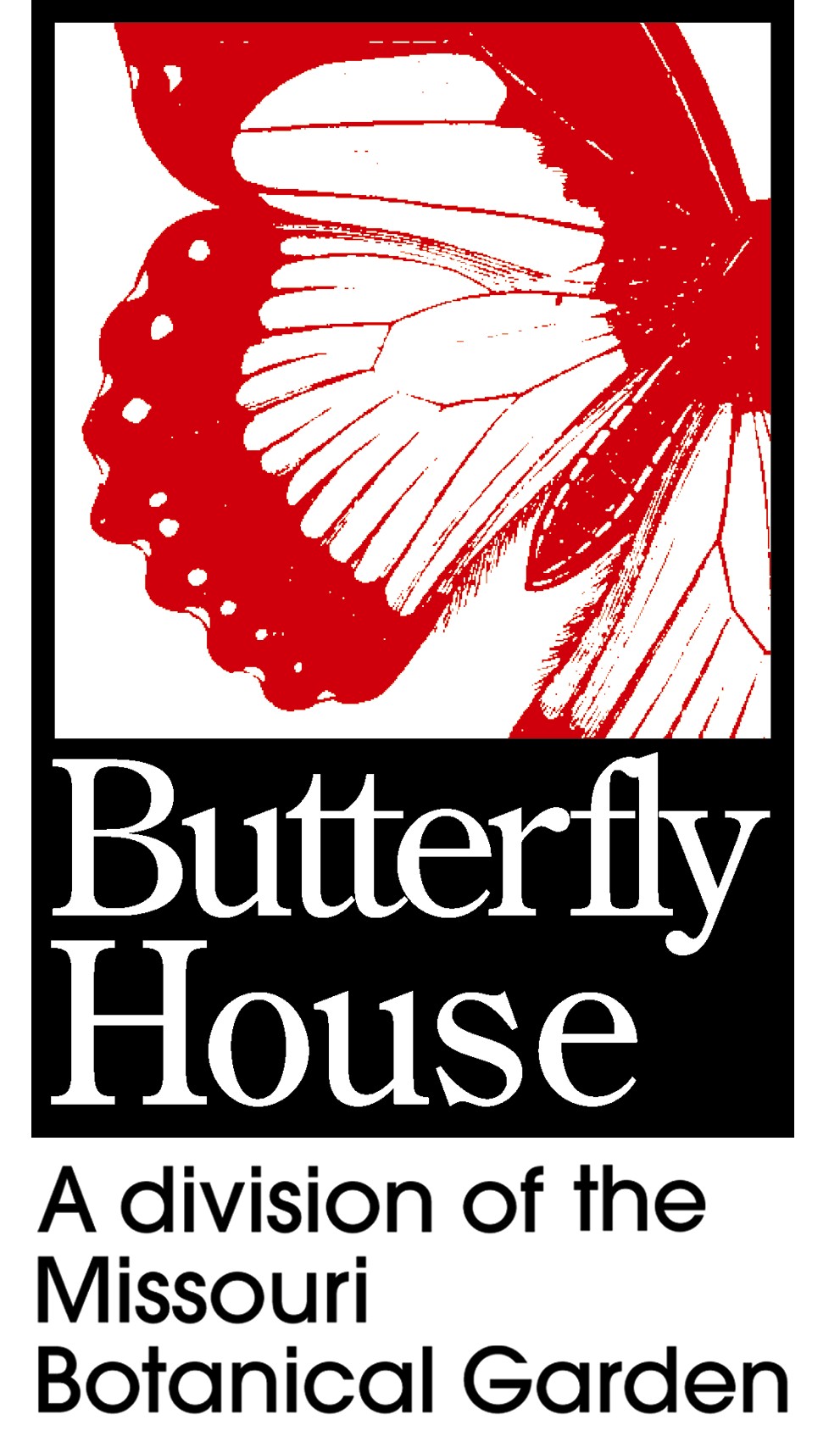

|
Friday,
July 24 |
7:00am - 4:00pm
|
Silent Auction |
|
7:00am - 4:00pm
|
Registration and Exhibits -- Registration may close during paper sessions and lunch. |
| PAPER SESSIONS |
|
8:00am
|
Welcome and Announcements |
|
8:10 - 9:30am
|
The Real Dirt: Invertebrate Husbandry and Maintenance
Lydia Attard - Toronto Zoo
The Development and Evaluation of a Gut-loading Diet for Feeder Crickets Formulated to Provide a Balanced Nutrient Source for Insectivorous Amphibians and Reptiles
Marissa Gonzales - Disney's Animal Kingdom
Beetle Substrate: Making Good Grub for Grubs! (short)
Mark Bushell - Bristol Zoo Gardens
Between Angels and Demons: Husbandry techniques for two species of praying mantis at Bristol Zoo Gardens
Jennifer Bender - St. Louis Zoo
So Happy Together: Combining a Hissing Cockroach Colony in the Same Enclosure as a Dermestid Beetle Colony
Sarah Jenkins - Omaha's Henry Doorly Zoo
That Cup is Full of Maggots: Feeder Insects at Omaha's Henry Doorly Zoo & Aquarium (short)
Tony Palmer - Freelance Naturalist
Notes on the Captive Rearing of the Montane Giant Tiger Beetle, Amblycheila baroni Rivers, 1890 (Coleoptera: Cicindelidae).
|
|
9:50 - 10:10am
|
Announcements and Break -- Please visit the Exhibit Hall! |
|
10:10 - 12:00am
|
Special Husbandry Session
Husbandry Panel:
Jayme Necaise - Audubon Butterfly and Insectarium
Mark Bushell - Bristiol Zoological Gardens
Lydia Attard - Toronto Zoo
Marissa Gonzales - Disney's Animal Kingdom
Tony Palmer - Freelance Naturalist
Trace Hardin - Hardin Herpetologica
Topics: Katydids, mantids, tarantulas, substrate, gut loading and tiger beetles
|
12:00am-1:30pm
|
COMPLIMENTARY lunch provided in the restaurant for conference
participants |
| WORKSHOP |
|
1:30 - 4:30pm
|
Desert Ants: Collecting and Managed Care, Part II: Field Observations (15 participants) Led Randy Morgan - Cincinnati Zoo and Botanical Garden and Paige Howorth - San Diego Zoo
The second session of this two-part workshop will involve traveling to nearby southern Arizona habitats in search of desert ants. The ecology and natural history of these ants will be covered, as well as methods to collect, observe, and transport colonies or individuals.
This is a two part workshop. It is HIGHLY RECOMMENDED to sign up for both parts |
|
1:30 - 4:30PM
|
Workshop Invertebrate Exhibitry: Creating a Sense of Place (20 participants)
Led by Jim Melli and Jamie Sincage
Learn how to create great looking environments for your live exhibits. In this workshop participants will see how to approach design of live exhibits in a holistic way. We will discuss details of fabricating rockwork, tree stumps, animal hides and substrates. Participants will experiment with materials for pulling textures from natural objects, fabricating exhibit “furniture” and painting techniques. Those who wish can use some of these techniques and materials to craft a really cool water dish to take home. We hope participants will take what they have learned and adapt it in new and exciting ways to the production of their own exhibits. |
| ROUNDTABLES |
|
1:30 - 2:30pm
|
The Workers in the Hive: The Use and Training of Staff in Invertebrate Collections
Facilitated by Karen Verderame, Academy of Natural Sciences of Drexel University
Many types of invertebrates are used in education programs and exhibits, but who is talking about them? Who is taking care of the husbandry? Come join the discussion to explore how other institutions are using their staff to effectively care for and use their invertebrates in education programming. Discussion will also include types of staff trainings offered, what type of staff are handling what species, pros and cons to using volunteers or inexperienced staff, and what protocols various institutions have in place for their staff. Round table would be of interest to educators, keepers, and volunteer coordinators. |
|
3:00 - 4:00PM
|
Working Towards a Definition of Invertebrate Literacy
Facilitated by Louise Lynch, Co Facilators: Erin Ingram and Natalia Bjorklund
Science literacy has become an important consideration of many educational programs. Likewise, an inherent goal of invertebrate education and conservation programs is to increase public understanding and appreciation of the invertebrate world. But what does an increase in invertebrate literacy mean? What are its expectations? What might it look like? Session attendees will work together in a structured round table discussion to begin describing invertebrate literacy. Such a definition is intended to be one of many tools used in invertebrate education and conservation efforts. This session will be of interest to invertebrate educators and conservationists that work with the public. |
| EVENING EVENT |
|
7:00 - 11:00pm
|
Evening Black Lighting Adventure-Calabasas Campground
Black lights and sheets will be set up in this beautiful location to enjoy insect life as it flies in. Please note that unlike in prior years, this event is organized at no cost to conference participants. This means that while there will be no meal provided, participants should feel free to bring their own food and beverages to the event. Car caravans will be organized via a sign up sheet in the exhibit hall, and will depart from the resort at 7:00pm.
|
|
|
Thank you to our Bronze Level and Workshop Sponsors:
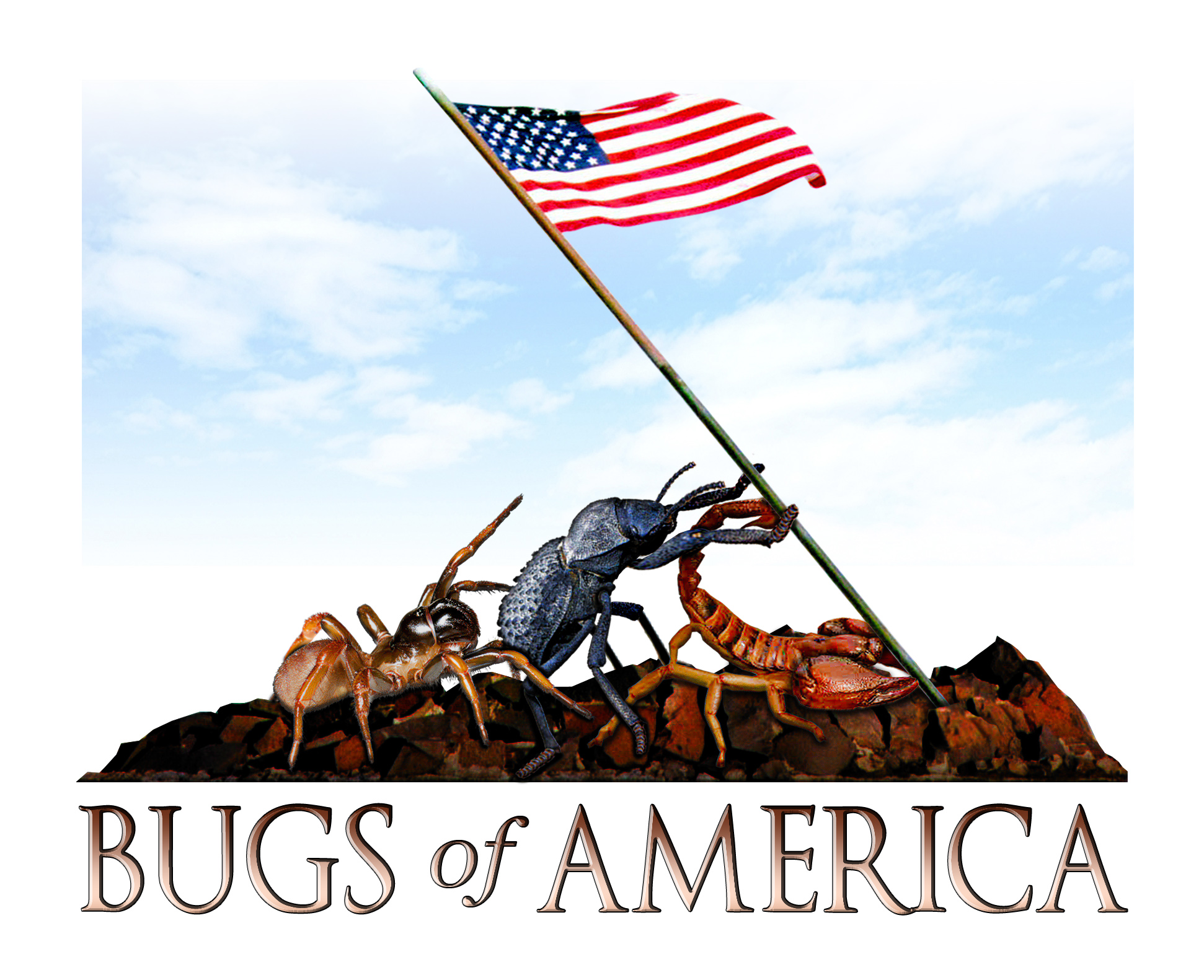
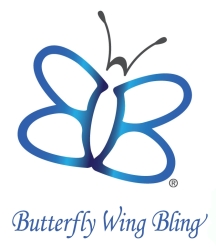
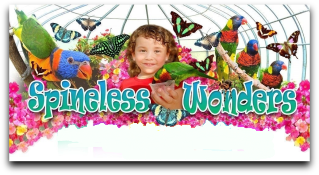
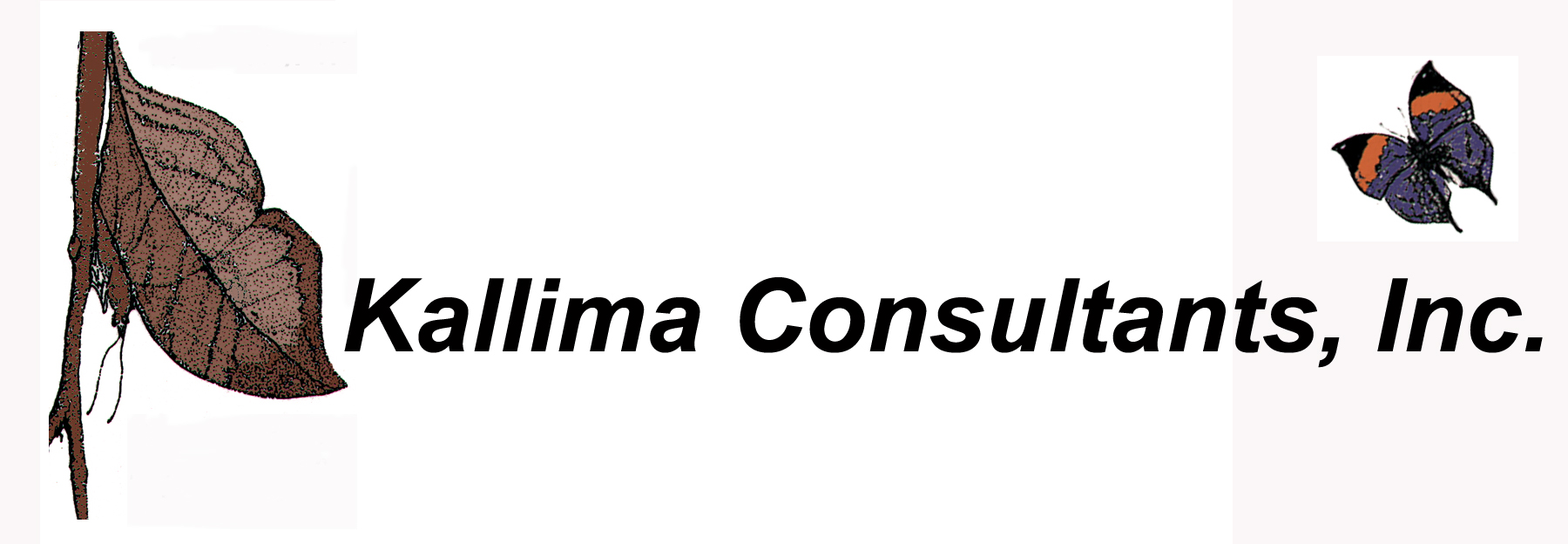

|
Saturday,
July 25 |
7:00am - 1:00pm
|
Silent Auction |
|
7:00am - 1:00pm
|
Registration and Exhibits -- Registration may close during paper sessions and lunch. |
| PAPER SESSIONS |
|
8:00am
|
Welcome and Announcements |
|
8:10 - 9:30am
|
Meet Your Neighbors: Regulatory and Collection Profiles
Chloe Miller - Museum Victoria, Australia
Keeping Bugs Alive, Alive
Julie LaTurner - Houston Zoo
The Bug House at the Houston Zoo
The lovely Erin Sullivan - Woodland Park Zoo
TITAG SWARM Program
Faith B. Kuehn - Delaware Department of Agriculture
Sniffer Dogs, Al B - the man-sized ALB, and Big Game Hunting Wasps: Creating Engaging Exhibits About Regulatory Entomology
|
|
9:30 - 9:50am
|
Announcements and Break -- Please visit the Exhibit Hall! |
|
9:50am-11:20pm
|
Citizen Science and Lepidoptera Leanings
Louise I. Lynch - University of Nebraska-Lincoln
Insect Interactions in Entomology Citizen Science
Sarah Garrett - Butterfly Pavilion
Colorado Butterfly Monitoring Network
Natalya Bjorklund - University of Nebraska-Lincoln
Bees of Nebraska
John Watts - Texas Discovery Gardens
The Bonesets and Mistflowers – Butterfly Magnets
Louise I. Lynch - University of Nebraska-Lincoln
What Has Four Eyes, Six Legs and is Red All Over? Building a Citizen Science Program with Tetraopes |
| USDA ROUNDTABLE |
|
11:20 - 12:15pm
|
USDA Roundtable facilitated by Wayne Wehling, USDA/APHIS PPQ
This discussion will cover updates to USDA/APHIS PPQ policy as well as serve as a question and answer session for permit holders.
|
| WORKSHOPS |
|
1:30 - 3:30pm
|
Utilizing Mobile Technology to Enhance Standard Practices (20 participants)
Led by Nathan Brockman, Iowa State University
Unified Butterfly Recorder is an Android and iOS app, created at Iowa State University, which provides butterfly researchers and enthusiasts with a tool to use in the field to efficiently record butterfly sighting data. RG Butterfly app is a multi-platform application which was developed to assist with the interpretation of the Lepidoptera found in the Christina Reiman Butterfly Wing. Come learn about the development, creation and implementation of these apps. Get a hands-on tour of each of these applications and plenty of ideas if you are looking to develop your own mobile application. |
| BANQUET |
|
6:00pm
|
Final Silent Auction bids, Cash Bar and Banquet |
|
9:00pm
|
Dancing until...? |
We are pleased to announce that the following institutions are offering free admission during the week of the conference. Just show your conference ID badge to receive admission:
Arizona Sonora Desert Museum, Reid Park Zoo, Butterfly Wonderland, Tohono Chul Park, Tucson Botanical Garden & Phoenix Zoo
|
| |

